More than 80% of Canadians are concerned about their finances. This is a staggering statistic and is having a huge impact on employee preferences and the needs that they place on employers. With inflation at a 40-year high, a major indicator of soaring costs of living being problematic is the growing split between housing prices and disposable income. Typically, disposable income and housing prices increase at a similar rate — this trend started to change in the early 2000s, with housing prices starting to increase at a higher rate than disposable income. Within the past five years, this split blew right open to what most consider a “catastrophic affordability crisis.” Further, non-mortgage private debt in Canada is approximately $700+ billion — this equates to roughly $1.83 of debt for every $1 of disposable income. All of this economic speak boils down to the fact that Gen Z, Gen Y, and the majority of Gen X employees are focusing more on their finances than ever before — they are deeply concerned.
Learn how to implement employee well-being into your total rewards with our free guide.
If employees care more about finances, why don’t organizations just pay more? We all know the answer to this question. With global economic markets in, what appears to be, constant turmoil and a state of flux, many for-profit organizations are struggling. As a result, HR leaders are tasked with designing creative solutions to reduce the anxiety and stress caused by employee financial instability. Of course, it’s impossible to expect organizations to positively impact government policy regarding taxes, international relations and trade, and other decisions that may impact their operations, but they can certainly get creative with how they support their employees from a financial perspective.
Enter the concept of “financial well-being.” According to Tom Rath and Jim Harter of Gallup, this means someone who “effectively manages their economic life” — keeping spending within one’s means and being financially prepared for emergencies. With financial pressures on the rise, what can organizations do to support the financial well-being of their employees?
- Help Employees Save — Many organizations offer employee investment programs such as pension plans and registered retirement savings plans (RRSP). As an incentive for employees to save for their futures, organizations offer matching programs (up to a certain cap). While this incentivizes employees to make a concerted effort to save, they can take advantage of saving and investing pre-income tax dollars into their investments.
- Provide Investment Advisory Services — Those organizations that offer health insurance plans have financial advisory services as part of them. Matching up with a financial advisor from your insurance carrier to your employees is a fantastic way to ensure they get the advice and support that they need. To provide “above and beyond” support, many organizations may provide an annual investment advisory stipend.
- Encourage Charitable Giving — There are many amazing charitable organizations, and they all need financial support. Not only can employees use charitable donations as a personal income tax deduction, but employers can also offer matching to further incentivize donations. Allow your employees to pick the charity that best aligns with their interests — a great organization to search for is Canada Helps.
- Offer Employee Discounts — The concept here is that an organization can obtain better discounts on products and services than any employee individually can. Discounts can apply for any aspect of life, such as pet insurance, travel, theatre tickets, gym memberships, home office equipment, etc. Every discount helps financially.
- Flexible Work — For knowledge-based organizations (e.g. tech, financial services, etc.), the traditional workplace as we know it has changed. Those days of commuting to an office every day and spending countless hours in your car or riding public transportation are gone. Offering flexible work for employees has resulted in massive financial gains — gas, car maintenance, public transportation passes, eating out at restaurants, etc.
There are many creative ways to help employees boost their financial well-being. Many of these ideas are simple and easy to implement. Many require more planning and resources to implement. However, careful thought and ensuring decisions are meaningful to employees will realize huge benefits.









